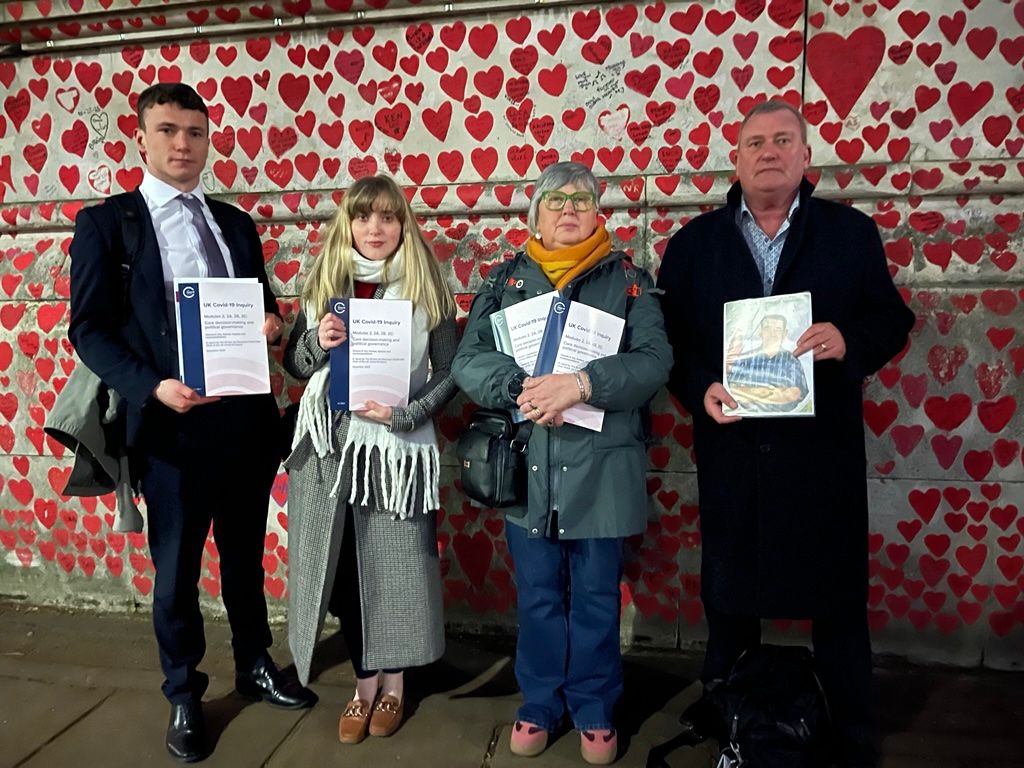UK Covid-19 Inquiry – Module 2C Inquiry Report Published
On Thursday 20th November Baroness Heather Hallett Chair of the UK Covid-19 Inquiry published the Inquiry's second report into Module 2, 2A, 2B, 2C: Core decision-making and political governance. Module 2C examined core decision-making and political governance in Northern Ireland.
Director, Enda McGarrity has made the following statement in respect of this:
‘Some political leaders in Northern Ireland were not always able to set aside political and sectarian divisions, and to govern jointly and effectively in the interests of the whole of NI.’
That is the damning assessment of political decision making in NI during the pandemic from Baroness Hallett. It is a statement that vindicates the position of the NICBFFJ who have always been of the view that the approach of many of our elected representatives during the pandemic was characterised by petty party politics rather than public health considerations. These issues, together with structural weaknesses and strained relations with the UK Government, meant the NI Executive poorly equipped to deal with an emergency on the scale of Covid-19.
The report is 750 pages and contains 19 recommendations, most of which relate to Northern Ireland. Three in particular stand out:
A recommendation for the temporary delegation of powers to the First Minister and Deputy First Minister in the event of an emergency. This is intended to deal with the lack of effective cross government coordination during the pandemic.
A recommendation for reconstituting the role of the Chief Medical Officer. The Chair found that the CMO cannot independently provide scientific advice will also holding a managerial role in the Department for Health.
A recommendation for updating the NI Ministerial code. This recommendation is designed to address the plethora of behavioural and conduct issues identified in the report including leaks from the Executive Committee and over politicised decision making or Ministerial conduct which fails to deliver for the whole population of Northern Ireland.
NI was far from a foot note in this section of the Inquiry, and we are grateful to the Inquiry for listening to the issues we have raised. But work remains to be done, and the next step is for the Executive to implement these recommendations fully and without qualification in collaboration with NICBFFJ and other key stakeholders. For too long recommendations from Inquiries have went unfulfilled due to a lack of proper reflection, ambition and urgency. NICBFFJ say that the Chair's recommendations in this Inquiry are so damning and cross cutting that every effort must be made to ensure the failures that have been identified do not recur.
The message from the Chair of this Inquiry could not be clearer. It is the responsibility of politicians in NI to deliver effective governance and leadership for all citizens of Northern Ireland. This is the minimum requirement and is particularly important during a crisis. At critical points during the pandemic, Ministers failed to put the common interest of all people above their own party-political interests. These failures should never be repeated.
For those loved and lost.

